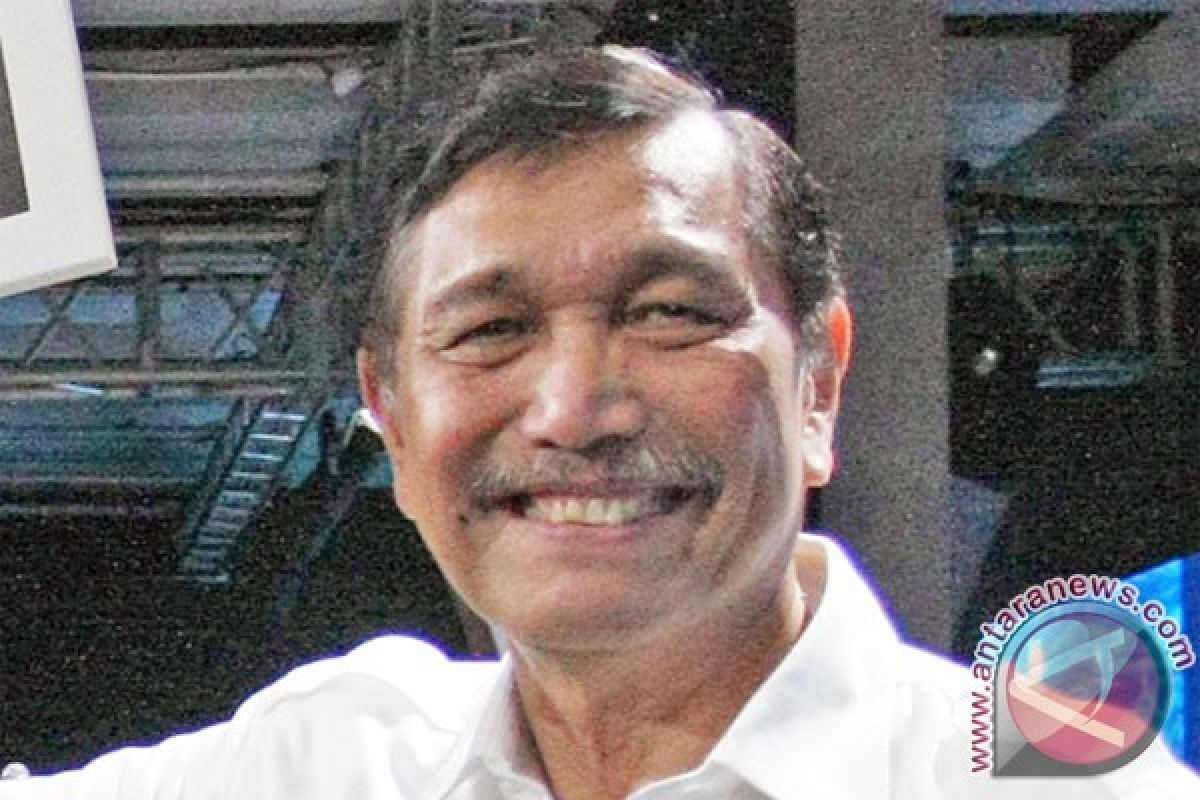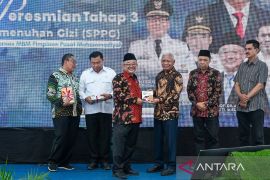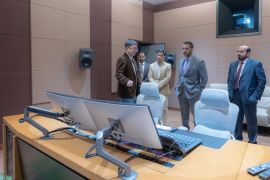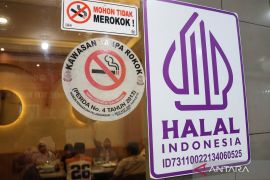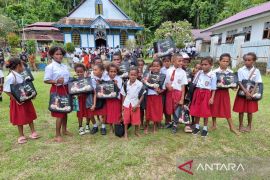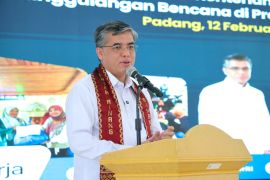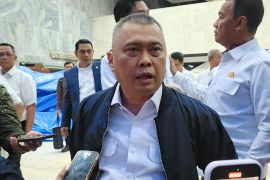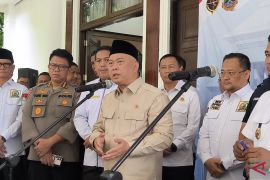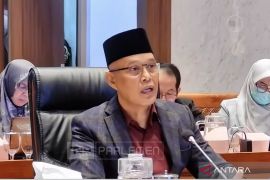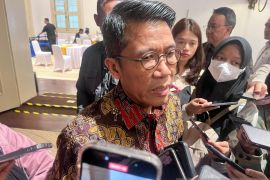"The signing of the MoU witnessed today shows a strong relationship and cooperation between Denmark and Indonesia and the World Bank in addressing marine issues," Pandjaitan stated on Tuesday.
The signing was done by Danish Ambassador to Indonesia, Rasmus Abildgaard Kristensen, and World Bank Country Director, Rodrigo Chaves, at Jakarta Maritime Museum.
"This contribution is in line with Denmark`s ongoing support on waste management and the circular economy in Indonesia," Pandjaitan noted.
The signing of the MoU is one of the agendas of Danish prime minister during his visit to Indonesia from Nov 27 to Nov 29.
The World Bank is believed as the party that holds and manages the trust fund.
Pandjaitan stated that achieving sustainable marine economic growth and addressing marine-related problems and landfill deposits are vital for the Indonesian government`s agenda.
The Indonesian government has committed to allocate $1 billion for 5 years of development and to gather more resources to address marine issues and other related problems, including capacity building for solid waste management of coastal cities across the country.
"Therefore, we greatly appreciate the support of the international community, as clearly demonstrated by Denmark today, as it will continue the National Ocean Agenda along with its programs," he remarked.
He stated that Indonesia and Denmark are working closely on the rapid inspection of the spillover of plastic waste into the sea in 18 major, medium, and small cities throughout Indonesia and the development of a marine plastic waste summit.
The summit is an event that provides a solid foundation in Indonesia`s National Action Plan for Sea Waste Plastic Drawing.
"I sincerely hope that our cooperation with international partners will contribute positively to the Indonesian Ocean Agenda and the action of the Indonesian community to reverse the effects of marine pollution," he revealed.
Rasmussen stated that the initiative was meant to reduce waste in the sea and improve marine governance in Indonesia.
"We are proud to be the first country to provide support to OMC-MDTF," he pointed out.
He stated that most of the wastes which are dumped in the ocean comprise of solid wastes from fast-growing coastal cities, without concern for the environment. It has become a challenge that needs to be addressed in the future for solid waste management.
"Denmark has worked closely with Indonesia to improve urban waste management, including converting waste to energy, and will continue to do so in the future," he asserted.
OMC-MDTF will be the cornerstone of marine protection in Indonesia. It will enhance existing initiatives and investments to improve coastal management and reduce plastic and other wastes.
The Indonesian ocean is a significant source of food and nutrition, a livelihood for the Indonesian community, and is an important contributor to the national economy.
Continuous waste dumping and coastal degradation endanger food security and marine tourism, as well as threaten Indonesia`s coastal resilience against coastal erosion.
Country Director World Bank Rodrigo A Chaves stated that Indonesia`s marine and coastal areas play a role in the economic and cultural development of the nation, especially as a source of income and livelihood for millions of Indonesians engaged in fisheries and tourism sectors.
However, he added that the resources of Indonesia`s marine and coastal territories were currently threatened due to various environmental problems, including marine debris.
Currently, he stated that of the 1.3 tons of waste material are disposed in Indonesian waters, 80 percent of which comes from unmanaged solid waste at the city level.
"We are delighted to work with the Danish Government in supporting Indonesia Maritime Policy through technical assistance and capacity building, multi-sector coordination, and conducting various pilot efforts to address the challenges," he remarked.
OMC-MDTF will build synergies with other World Bank support programs, including improving waste management, in several cities in Indonesia.
It will provide strategic support for the overall Indonesian Ocean Agenda under three main pillars. First is to provide support to improve overall planning, coordination, policy, and financing of broad-based maritime strategy. Second pillar is to reduce waste piles at sea, by supporting the National Action Plan on sea waste piles. Third pillar is to increase coastal and marine resources, with focus on mangrove forests.
(T.M052/A/KR-BSR/B003)
Reporter: antara
Editor: Heru Purwanto
Copyright © ANTARA 2017
